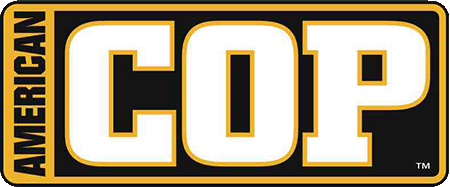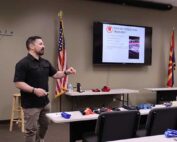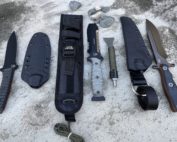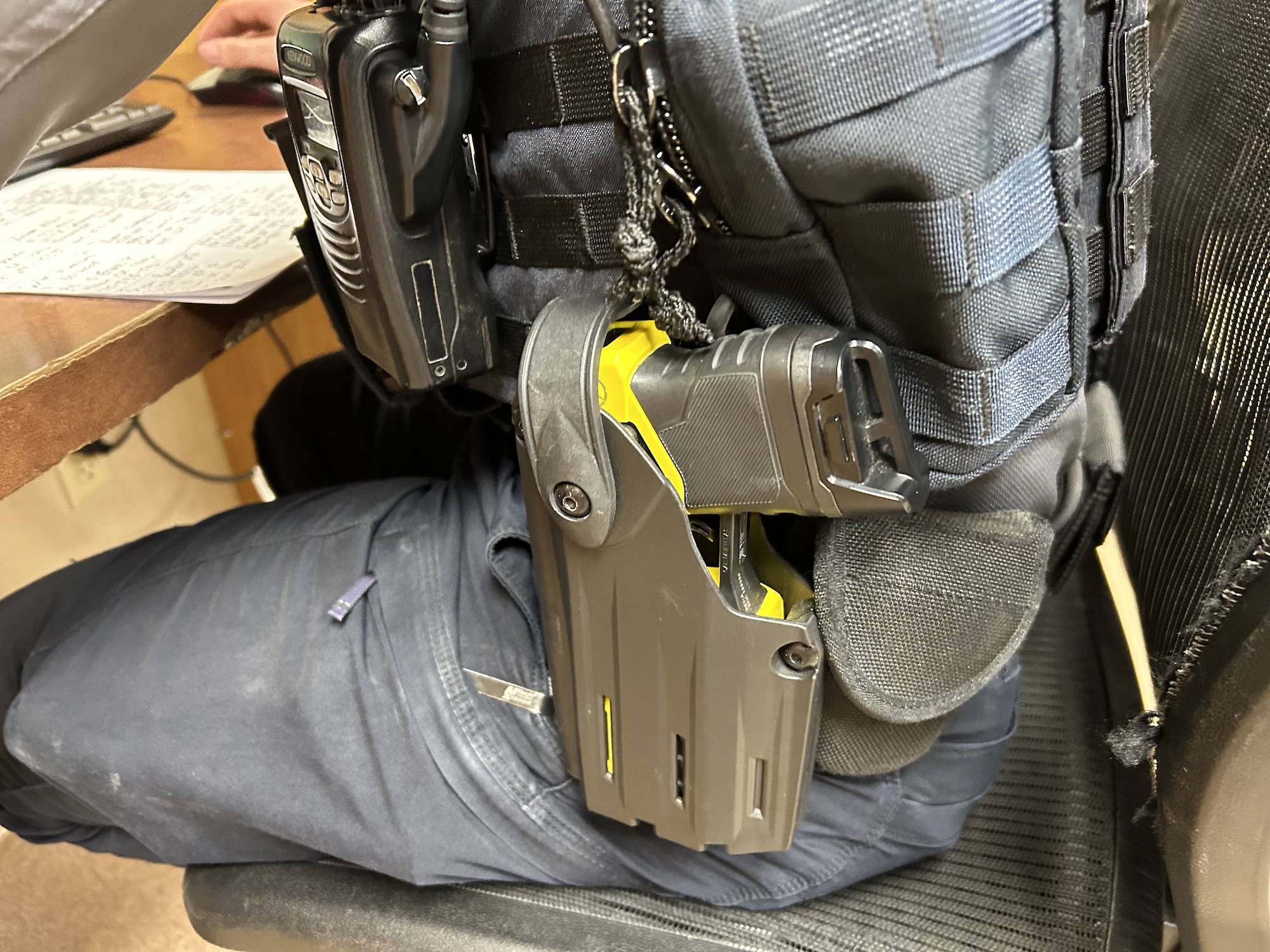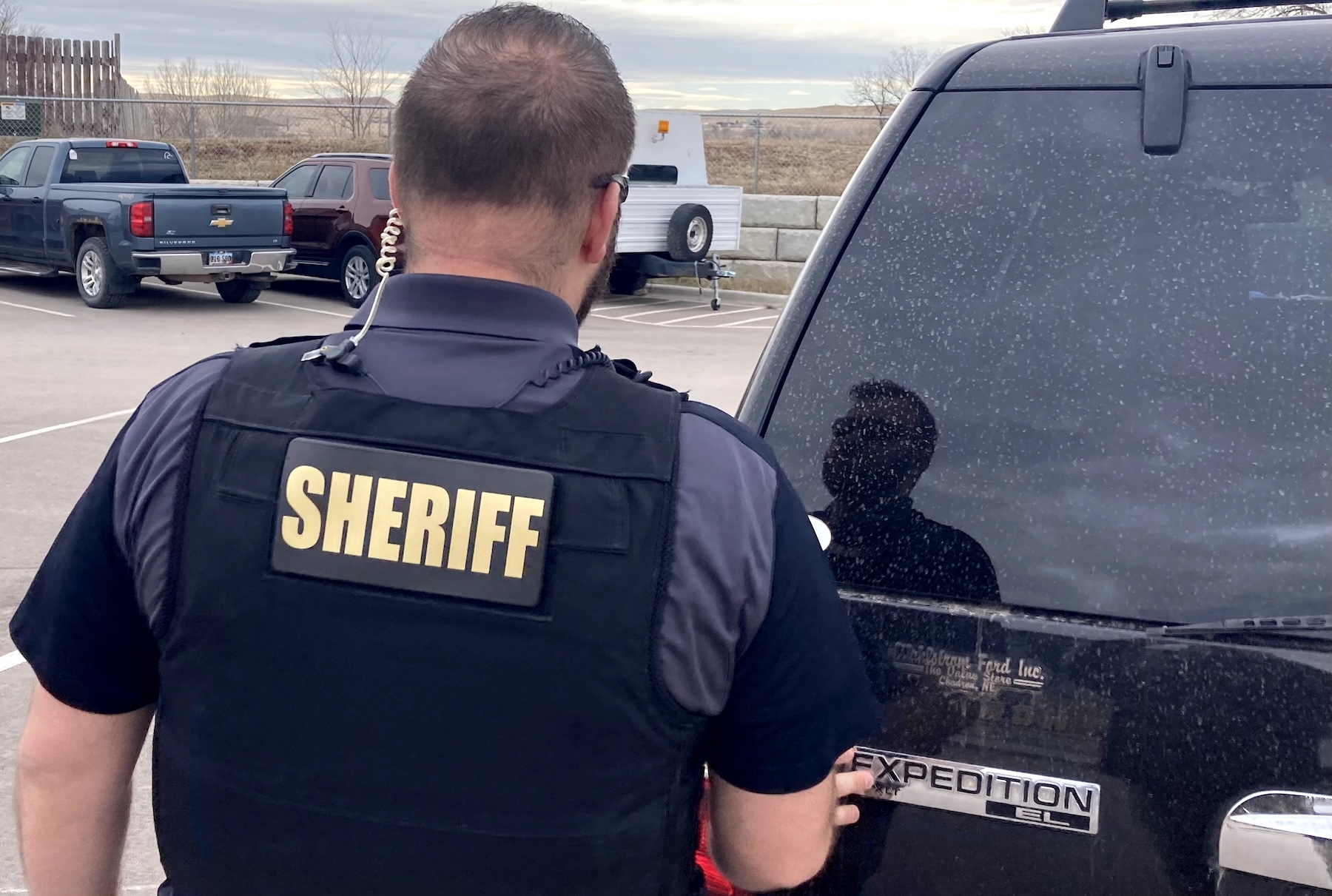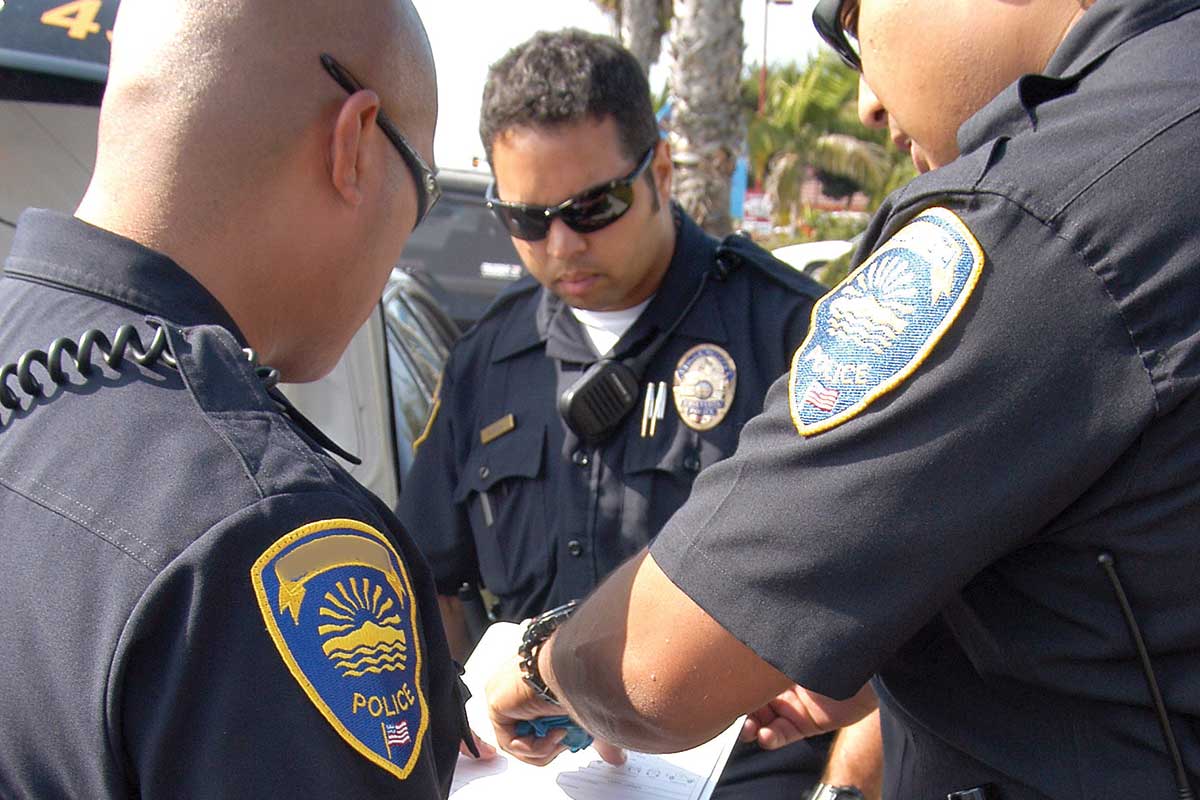
ACSO11_value-1-800
We need good cops now more than ever. Unfortunately, with budgets and the political climate being what they are, it’s getting harder than ever to attract quality people to our line of work. Every time agencies are under attack and budgets cut, it becomes that much more difficult to recruit the best. So, it’s imperative when a good one is hired and graduates the academy, we do everything we can to get them success-fully through field training.
MAKE ’EM OR BREAK ’EM
Training is the foundation of any police officer, which is why the Field Training Officer’s role is so vital. Regardless of the recruit’s age or back-ground, they’re at an impressionable point in their lives and careers. They’re eager to learn and be successful, so chances are they’ll try to emulate their FTO. This is a heavy burden for you as an FTO, and one you should not take lightly. Your job is multi-faceted; you’re not just a trainer. At times you’re called upon to be many things: an educator, counselor, disciplinarian, friend, protector, etc.
Your job is seemingly pretty simple; teach new officers how to do police work safely, effectively, within the law and within department policy. It sounds simple, but we all know how complex it can really be.
We’ve all known great FTOs, and some who were not so great. Then there are the ones who amaze us, not only because they’re FTOs, but because they’re allowed to be a cop at all.
Don’t be that guy. Take pride in being an FTO, and recognize you’re responsible for much more than a few weeks of officer training. You’re forging the foundation of your entire police department. So much of what we become stems from our FTO training. It’s during this time new officers learn the techniques and habits they will use for years to come. If these are good habits and techniques, the officer will spend the next few years improving and excelling at his job. But if they’re bad habits, stand by for a problem officer.
QUALITY CHOICES
Agencies must recognize the importance of a quality FTO program. This begins at the top with a department-wide philosophy making training a priority. Next, training divisions need to select only the best officers to be FTOs. This is where the breakdown usually happens, and the wrong folks slip in to the program. Sometimes the best officers don’t apply for the position, leaving the agency with less-than-stellar choices; or maybe an administration feels the need to throw someone a bone, making them an FTO. Either way, we end up with the wrong cops teaching our new cops. I’d rather we have only a couple of top-notch FTOs, than water down the program with inferior trainers.
Sometimes even the most critical duties can be taken for granted and the importance of the FTO can’t be overstated. One of the first things the top brass looks for during promotions is whether or not you were an FTO. Pick any division or unit in your agency you feel is important — or is made up of the best officers. Those people didn’t get to those positions without being the best. You can’t become the best, unless you’re trained by the best. If you’re a young officer thinking about becoming an FTO, do yourself and your agency a favor; make sure you’re ready for the job. If you’re in charge of choosing the FTOs, do us all a favor and choose only the best.
